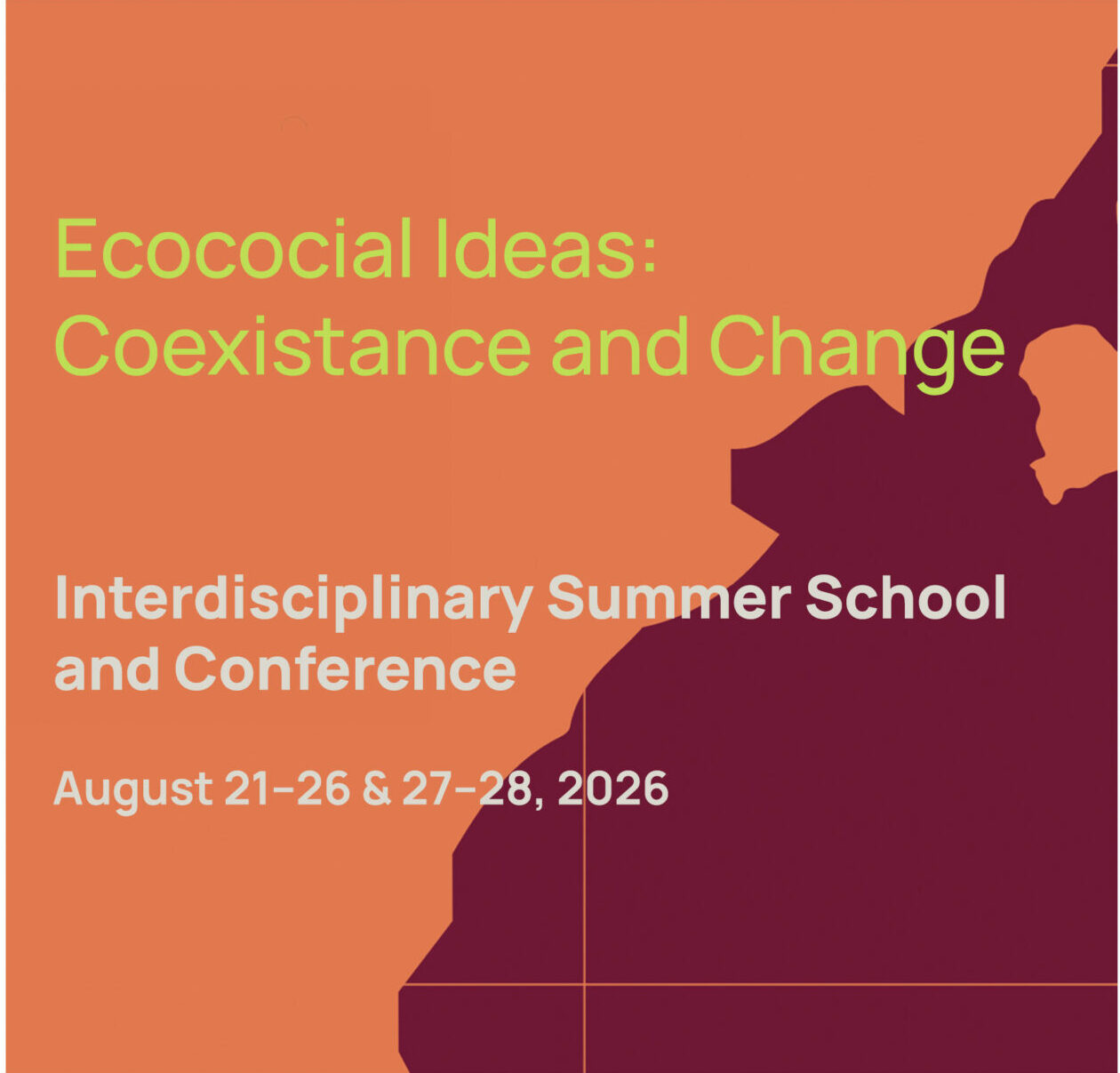The fellowship for researcher is planned to be conducted at the (Post)Authoritarian Landscapes Research Centre at Vilnius University.
The deadline for applications for research fellowship projects is 31 March 2024 (local time zone UTC+2).
About the project
The (Post)Authoritarian Landscapes Research Centre at Vilnius University announces a competition for a long-term research fellowship to carry out the project ‘Cultural Landscapes of (Post)Authoritarian States in the 20th–21st Centuries: Transformations, Models, Environmental Response’.
In the face of the climate crisis, it is acknowledged that ecological and social issues can no longer be addressed in isolation, and the focus has shifted to the interdependence between people and the world around them. While all political systems throughout the 20th century have had an impact on the natural environment, authoritarian regimes have often been notable for the radicalism of their initiatives, the scale of transformations and their disregard for the negative impacts on the social and natural environment.
The aim of the research fellowship is to geographically and/or historically analyse transformations of cultural (urban, agrarian) landscapes and land structures in authoritarian and post-authoritarian countries of the 20th and the 21st centuries, where significant socio-economic structural changes have occurred: land use and production patterns have changed, and landscape forms inherited from the past have been transformed. The transformations that have taken place pose a number of political, social, economic, and environmental challenges including issues related to land ownership, agricultural production and territorial development, as well as the conservation of natural resources.
This research fellowship should apply methods, concepts, and approaches from the fields of history or social and physical geography. It should address one or several of the following issues:
1) Politics: what the political, economic, social, and technological goals, plans, programmes, and projects of authoritarian and post-authoritarian states related to the restructuring of space and the natural environmental were; what models of territorial organization were applied;
2) Transformation: what kind of intervention was carried out in the natural environment, and what the scale, depth and nature of that transformation were;
3) Importance of natural conditions: whether, to what extent and how (post)authoritarian states took specific local natural conditions into consideration, when landscape transformation projects were undertaken; whether and to what extent these conditions have influenced the nature, scale, and outcome of the intervention (failures, ecological and social problems, etc.) and whether and to what extent natural conditions could and did have a different impact on the political, economic, and social situation in societies that were colonized under the same authoritarian model (for example, as in the Republics of the Soviet Union).
4) Understanding the structure of the landscape: what cultural landscapes were or have been shaped in the authoritarian and post-authoritarian states of the 20th and 21st centuries, what was specific about the transformation of the natural environment and the types of cultural landscapes in these states.
During the fellowship of the research worker, two articles must be prepared: one article must be published and one accepted for publication in international scientific journals (included ‘Scopus’ and/or CA WOS).
Project leader
During the fellowship, a research trainee will be able to choose the project leader or a supervisor from among the members of the 20th Century (Post)Authoritarian States Cultural Landscape Research Group of the (Post)Authoritarian Landscapes Research Centre:
1) Prof. Dr. Jurgita Mačiulytė (Faculty of Chemistry and Geosciences, Vilnius University)
2) Assoc. Prof. Dr. Ieva Misiūnė (Faculty of Chemistry and Geosciences, Vilnius University)
3) Assoc. Prof. Dr. Ričardas Skorupskas (Faculty of Chemistry and Geosciences, Vilnius University)
4) Assoc. Prof. Dr. Nerijus Šepetys (Faculty of History, Vilnius University)
5) Assoc. Prof. Dr. Tomas Vaiseta (Faculty of History, Vilnius University)
6) Prof. Dr. Darijus Veteikis (Faculty of Chemistry and Geosciences, Vilnius University)
Required qualifications:
1) A doctoral degree in natural sciences, humanities or social sciences obtained no earlier than five years ago (in 2019), with preference given to social and physical geography, history.
2) The dissertation must be defended outside Vilnius University;
3) English language skills (C1 and above)
In assessing the applications submitted, the following would be considered an advantage:
1) Experience in conducting research related to natural and cultural landscapes;
2) If the project being submitted offers an interdisciplinary application of the methods of geography and history;
3) If the trainee has skills in thematic cartography, statistical data processing, aerial image interpretation, and GIS;
4) If there is an intention to carry out a comparative study of two or more authoritarian states and their societies.
The duration of the research fellowship is 24 months: from 2 May 2024 to 30 April 2026.
Workload: 1 full-time post
Official salary: up to 2967 EUR/month (before tax)
Documents to be submitted:
- Project application. The project application form is available here.
- Curriculum vitae and a list of publications.
- A copy of the PhD degree diploma with its attachments.
Contacts:
Please send the completed research trainee fellowship project application and other documents to the following address: lijana.minikovic@if.vu.lt
More information about the application can be obtained by addressing Assoc. Prof. Dr. Tomas Vaiseta (tomas.vaiseta@if.vu.lt)
